Can Cats Have OCD? Here's What Your Vet Wants You To Know
17.04.2022.
Obsessive-compulsive disorder affects humans, but did you know it may also affect cats? OCD in cats can manifest as compulsive behaviors, such as scratching at the same spot over and over again. However, other health or behavioral problems may be the primary cause of the symptoms. Many cat owners often misdiagnose their cats with OCD. Here's what you should know about cat OCD.
What Is OCD?
Obsessive-compulsive disorder, sometimes known as OCD, is a mental condition that causes cats to perform repetitive behaviors for no apparent reason. These tend to be abnormal, recurrent, and exaggerated activities cats perform with no apparent goal.
Vets don't know the cause of feline OCD. However, particular cat breeds appear to be more susceptible to the condition. It's possible that there is a genetic component to the disorder, but there's no way yet to tell for sure.
RELATED: The 4 Most Common Type Of Cancer in Cats & Their Treatment
Symptoms of OCD in cats
Several obsessive-compulsive behaviors may be observed in cats with OCD. A single obsessive-compulsive behavior may be present in some cats, while many aberrant behaviors are more common in others.
OCD is often characterized by excessive grooming. Cats who suffer from obsessive-compulsive disorder (OCD) may lick or chew themselves bald. Keep in mind that excessive grooming could point to food allergies, flea bites, or other skin irritations.
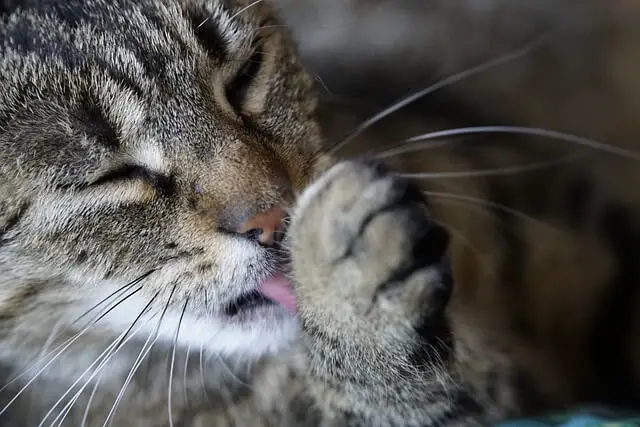
Some cats will suck, lick, or obsessively chew on fabric. Experts call that specific behavior wool-sucking.
Obsessive-compulsive habits include actions like chasing its tail or self-mutilation.
Another symptom of cat OCD is excessive vocalizing or pointless frequent pacing. Unfortunately, these symptoms can mean a lot of things.
Cats with OCD are more likely to suffer from Feline Hyperesthesia Syndrome. This disorder, also known as rippling skin, rolling skin, or twitchy skin syndrome, is not thoroughly studied or completely understood. Skin "twitching" and vocalization are common symptoms of this condition.
RELATED: Arthritis in Cats: Causes, Diagnosis & Treatment
Potential causes
We need to mention again that OCD in cats is not adequately studied yet, so exact causes are not understood or even uncovered. These behaviors can begin as infrequent habits. A cat's physical or environmental surroundings may also be to blame for its actions. Their compulsive behavior may become ingrained over time and no longer require external stimuli to start. Vets and researchers claim that pain-relieving chemicals in a cat's brain, as well as pleasure-inducing chemicals, could be connected to obsessive-compulsive behaviors. When a cat is anxious or stressed, these actions can serve as a coping mechanism.
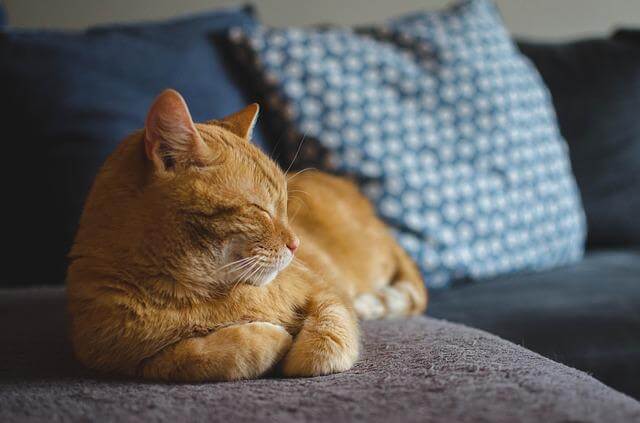
How do vets diagnose it?
OCD is usually diagnosed based on a cat's behavioral patterns. Prior to reaching a diagnosis, it's crucial to eliminate other health conditions that might be causing that specific behavior. Consult your veterinarian right away if you think your cat has developed obsessive-compulsive behavior.
In some cases, obsessive grooming might point to an underlying skin condition. Your veterinarian will inquire about your cat's past medical history and current habits. Making a video of that strange behavior and showing it to your vet may help them make an accurate diagnosis. There will be a physical examination to check for any anomalies. To rule out issues that cannot be identified by a physical exam alone, the vet may suggest lab testing.
RELATED: Is Your Cat Panting? Here's What It Might Mean
If all of your cat's test results are normal and nothing worries your vet, their diagnosis will be a lot easier. You'll have a chance to discuss your options with your veterinarian. In most cases, vets send owners to a veterinary behaviorist if they deem the problem significant enough.
OCD treatment
There are treatment options that can control or even completely eliminate the symptoms of cat OCD. Still, as far as we know, there is no definite cure for feline OCD.
When your cat displays obsessive-compulsive tendencies, try not to comfort or praise them. You may be reinforcing your cat's bad habits by doing so. As an alternative, give attention to keeping your cat on a regular routine. Consistently following a set schedule each day can help reassure your cat and alleviate their anxiety.
Your veterinarian may prescribe your cat nutritional supplements or herbal remedies to lessen their stress levels. Depending on the seriousness of your cat's case of OCD, these can be taken with or without prescription drugs. In addition to these ingredients, you can also take herbs, vitamins, and L-Theanine to help you relax.
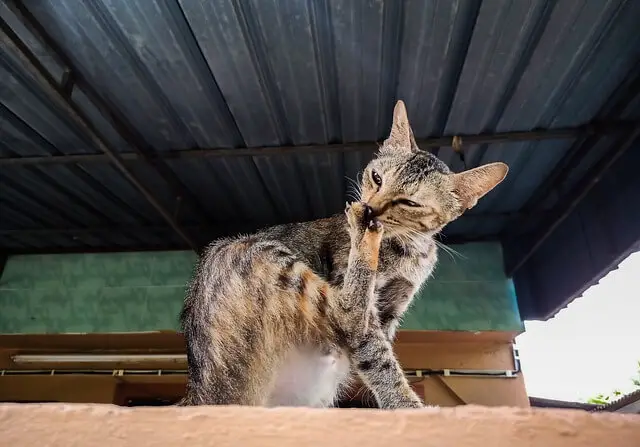
Cats with more severe forms of OCD frequently require prescription drugs. These medications work by altering the brain's chemistry, thereby reducing stress and changing the course of abnormal behavior.
RELATED: Diabetes in Cats: Symptoms, Treatment & Monitoring
Keeping in contact with your veterinarian is essential if you have a cat with OCD. Before making any changes to your pet's medication regimen:
- Consult your veterinarian.
- Be aware that treatment plans may need adjusting from time to time.
- If you notice a change in your cat's behavior, don't hesitate to contact your veterinarian.
RELATED: Hyperthyroidism in Cats: Causes, Symptoms & Treatment
World Cat Finder Team

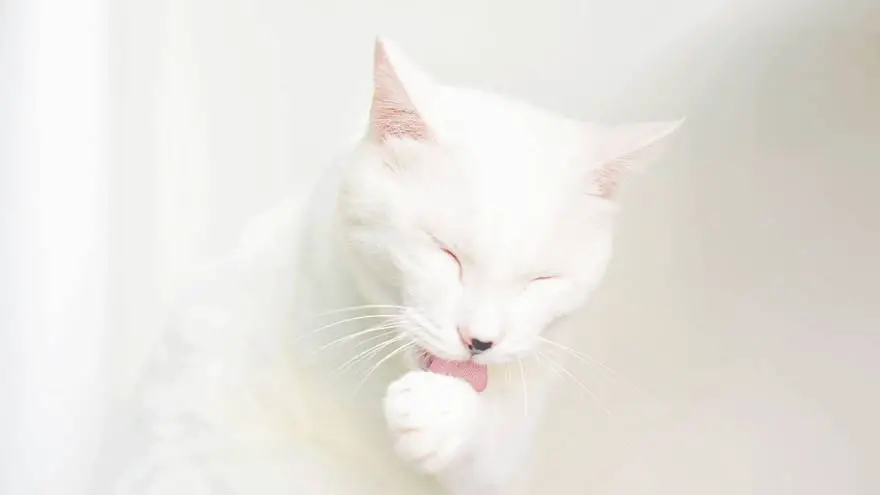
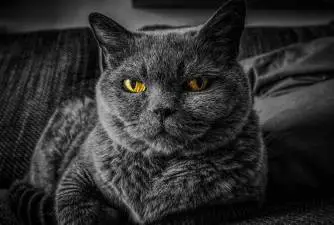
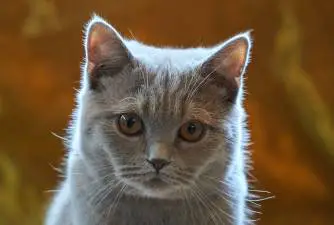



Share